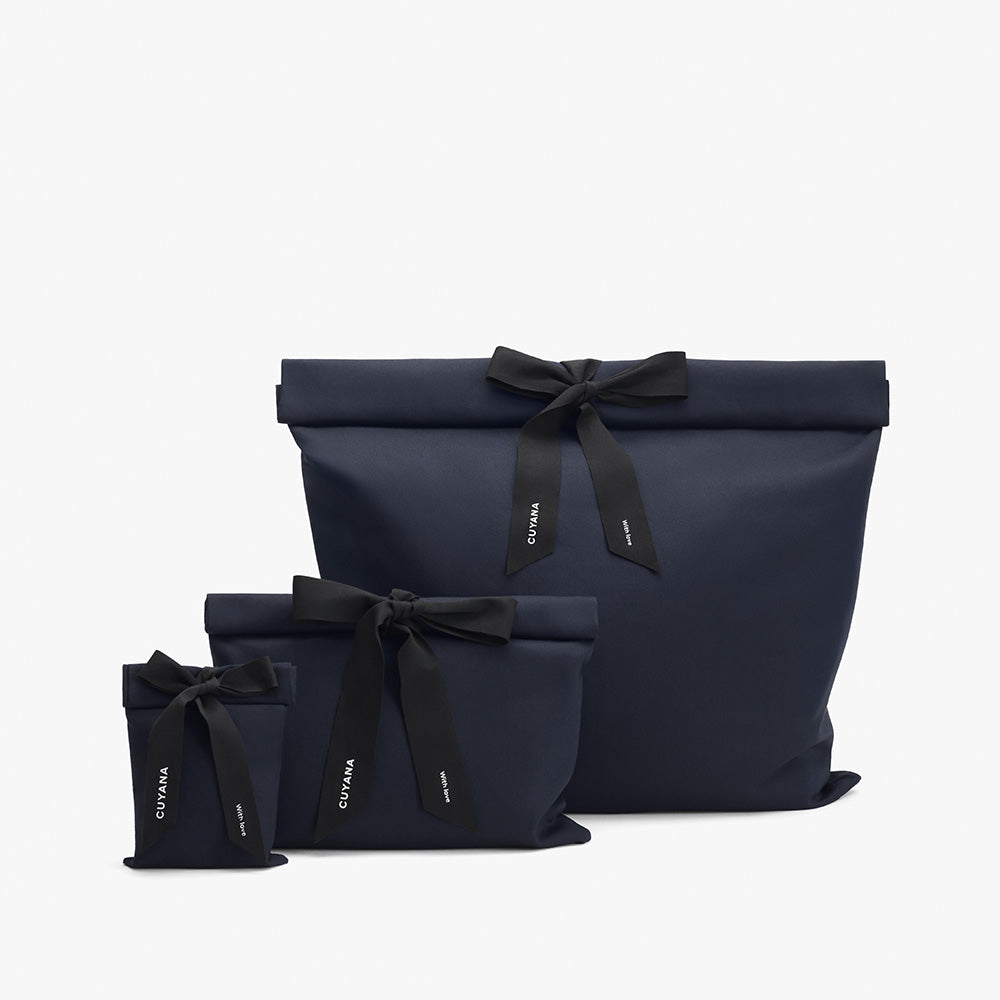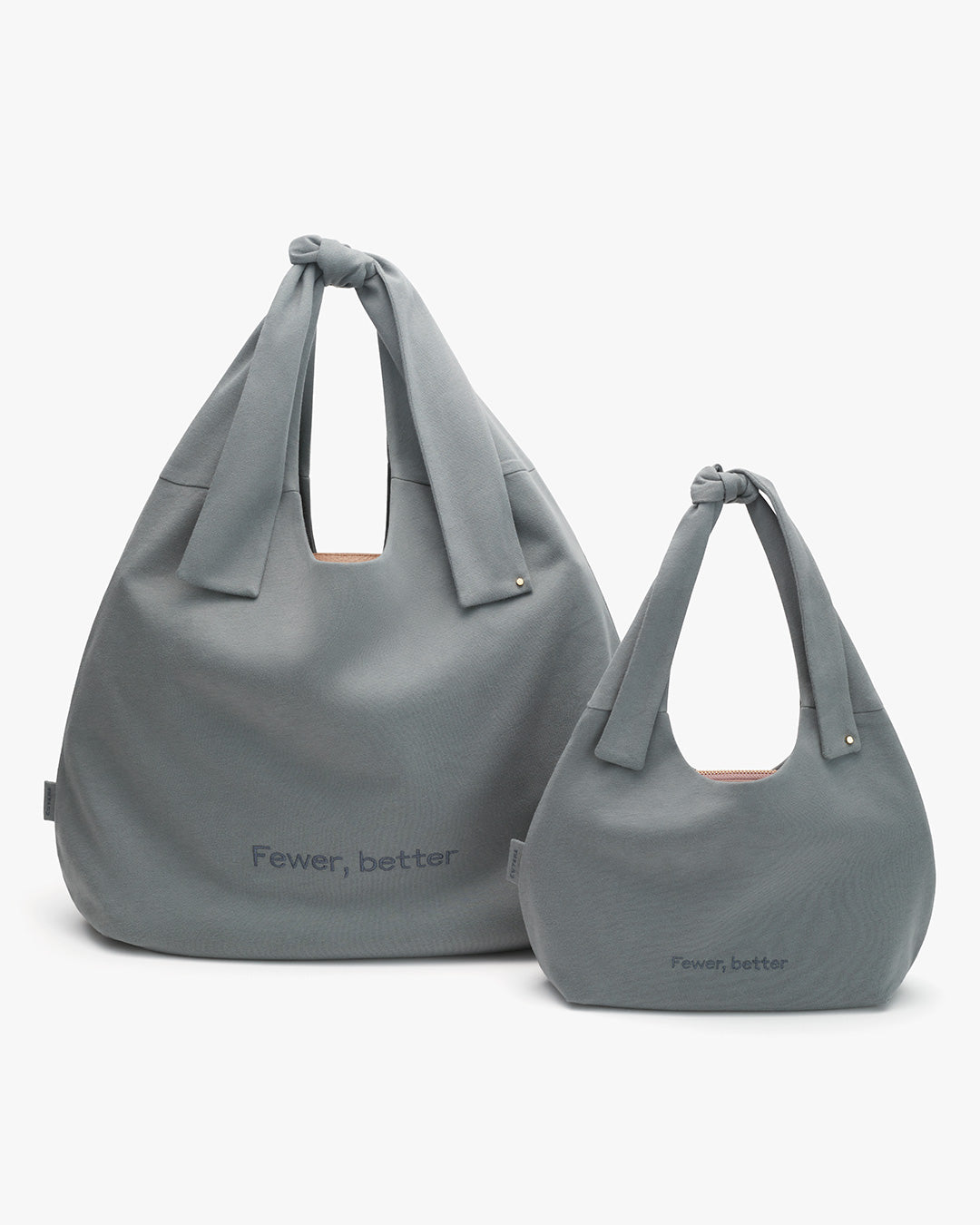Certifications
Although the fashion industry is slowly recognizing the need for standardized measurement and verification of responsible production, there is currently no single independent certification standard. Many certifications focus primarily on just one step of the production process: either how the raw material was produced, or the environmental management of the mill or tannery where the raw material is transformed into fabric or leather.
We welcome you to learn more about the environmental certifications that independently verify that our products were made responsibly, and which stage of the production process that certification aligns with.
• Mill/Tannery
Ensures that the material was produced with responsible use of resources and lowest possible impact on people and the environment, taking into account measures like traceability, water usage, chemical management, and worker safety.
FSC (Forest Stewardship Council)
• Raw Materials
Verifies that the forest or other resource harvested for cellulose fiber is being managed in a way that preserves biological diversity and benefits the lives of local people and workers.
Global Organic Textile Standard (GOTS)
• Raw Materials
Ensures that the cotton was grown organically, made without harmful chemicals (like chlorine bleach, heavy metals formaldehyde, and aromatic solvents), and that all chemicals that are used in processing meet requirements on toxicity and biodegradability.
• Raw Materials
• Mill/Tannery
Certifies that the fiber content was recycled with a clear chain of custody and ensures social and environmental compliance in its production.
• Mill/Tannery
The International Organization for Standardization (ISO) has established multiple voluntary standards for certification. As examples from our supply chain, ISO 14001 assesses environmental management, ISO 9001 assesses quality management, and ISO SA8000 assesses factory social compliance.
• Raw Materials
• Mill/Tannery
The Leather Working Group maintains an Environmental Audit Protocol that promotes sustainable business practices within the leather industry, and ensures compliance along measures such as traceability, energy & water consumption, waste management & effluent treatment. There are 3 levels of certification (Gold, Silver, Bronze) based on the tannery's level of achievement against the protocol.
• Mill/Tannery
Verifies that no hazardous materials are present in the dyed, spun or woven material in accordance with the European REACH standards.
Responsible Cashmere Standard
• Raw Materials
• Mill/Tannery
Newly-established by our production partners to encourage higher standards across the cashmere industry, the Responsible Cashmere Standard requires sustainable land management of the cashmere farms, ethical treatment of the animals, and traceability throughout the entire supply chain. From sourcing the best cashmere fibers in Inner Mongolian farms to weaving the purest fibers with care, every step of the process is examined by third-party verifiers in order for a garment to meet the criteria required to qualify.
Our Single-Origin Cashmere achieves the Responsible Cashmere Standard thanks to its purity of material, traceability in supply chain, and transparency throughout the production process.
Responsible Wool Standard (RWS)
• Raw Materials
Ensures wool comes from farms with a progressive approach to managing their land and from sheep that have been treated responsibly.
Sedex Members Ethical Trade Audit (SMETA)
• Mill/Tannery
As one of the most widely used ethics audits, the Sedex Members Ethical Trade Audit (SMETA) ensures responsible business practices in labor, health and safety, environment and business ethics.
Worldwide Responsible Accredited Production (WRAP)
• Mill/Tannery
Verifies lawful, ethical, and safe manufacturing based on audits by accredited 3rd party monitors.


